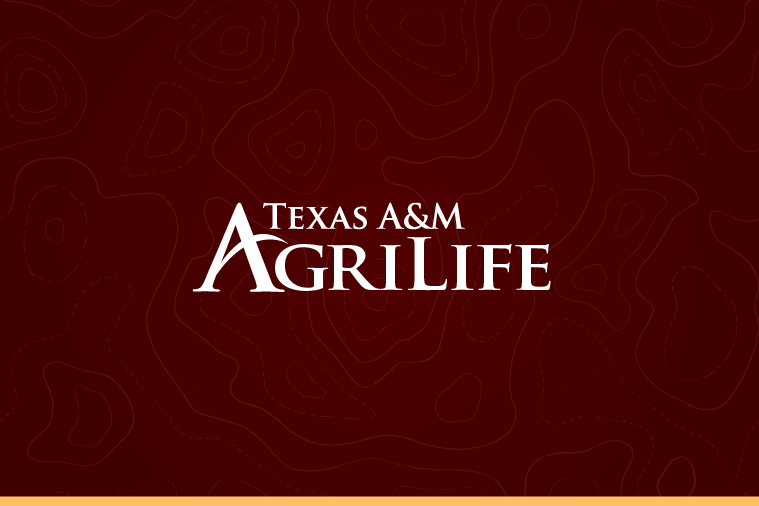People, politics, agriculture key components for new wheat growers leader
Writer: Kathleen Phillips, 979-845-2872, [email protected]
COLLEGE STATION — In the late 1990s, a selection committee convened around a stack of applications from Texas A&M University students vying for Agricultural and Natural Resources Policy Internships. And soon more than 20 students would wing their way to Washington, D.C., for a semester steeped in federal politics.
Chandler Goule was not one of them.
For the young college student from Morgan Mill who had excelled consistently through school, the failure to be granted so much as an interview in the prestigious program was a shocker that bolted his competitive spirit.
“I had never been turned down for anything,” Goule recalls.
Goule met with a trusted Texas A&M professor to help figure out why he had not been chosen, then set about trying to boost his chances, mainly by earning higher grades and becoming active in campus clubs affiliated with his major in animal science.
One year and a selection committee interview later, Goule was chosen to intern in the Washington, D.C., office of then-Rep. Charles Stenholm, D-Texas. It was the jump-start for his career, said Goule, who became chief executive officer of the National Association of Wheat Growers in Washington, D.C., in July.
“The internship changed my career path, my whole life,” Goule said.
The other calling card in his career has been agriculture. While attending Stephenville High School, Goule was a leader in both 4-H and National FFA Organization. He raised livestock and honed his speaking skills on topics such as leasing land for deer hunting. He won enough accolades to land a $10,000 Houston Livestock Show and Rodeo Scholarship.
“That scholarship enabled me to follow my dream of going to college to become a veterinarian,” said Goule, noting that his father died when he was 15. By the time he graduated with a bachelor’s in animal science in 1999, Goule leaned more toward Capitol Hill than vet school.
“I look back now on my days in high school on the student council and as an officer in 4-H and FFA, and I realize that while I just thought it was fun then, it actually was politics,” Goule said. “The internship in Stenholm’s office helped me put together the love of people, politics and agriculture.”
Within two weeks of graduating from Texas A&M, Goule was back in Washington, D.C., where he worked on the U.S. House Agriculture Committee under U.S. Rep. Collin Peterson, D-Minn., and then as a lobbyist for the National Farmers Union until his selection to head the wheat growers association.
“Wheat is the third largest commodity produced in the U.S.,” Goule said. “So I’ve spent the past six months traveling the nation to visit with wheat growers and find out what their challenges are.”
He said wheat, as a food crop, is very close to consumers, who also need to be engaged in state and federal decision-making for the crop. And Goule plans to work with land-grant universities such as Texas A&M on the development of hybrid varieties and ways for the crop to resist diseases and pests.
“If we’re going to feed the world population, which is expected to reach 9.7 billion by 2050, we have to speed up production and bring consumers along,” he said, noting that issues such as global climate change and water add to the urgency to consider all ways of feeding the growing population, including the use of genetic modification.
Goule returned to the importance of his internship as clarifying the connection between working in public policy and having a direct impact on people.
“A degree in agriculture will set you apart from those with degrees in history and English, for example,” he said. “The more agriculture students we have in D.C. the better, because it is harder and harder to find people who understand the connections between agricultural production and feeding people.”
Still, Goule credits something more than a competitive spirit that made him strive for the internship after first not being accepted.
“I had active, involved parents who taught me to be a good person. I had 4-H that taught me to set goals. I had Texas A&M that gave me an education and real-life experiences. And, I had the internship that exposed me to the types of careers one can have in agriculture.
“If I hadn’t had those things present in my life, I don’t know where I’d be.”





